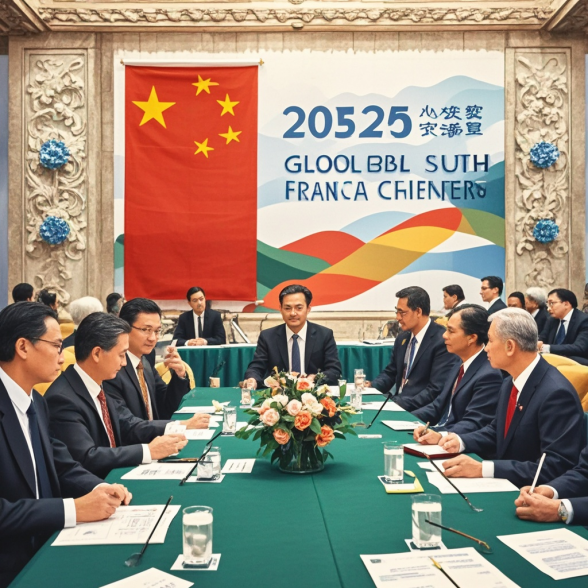Italian PM Slams EU's "Green Deal" Combustion Engine Ban as "Self-Destructive"
Italian Prime Minister Giorgia Meloni recently expressed strong dissatisfaction with the European Union's "Green Deal" policies regarding automobile engines, sparking widespread attention in financial markets and related industries.
On the 18th local time, during a speech at the Italian Industrialists' Federation, Meloni sharply criticized the EU's plan to ban the sale of new internal combustion engine vehicles after 2035. She bluntly labeled the policy as "self-destructive," arguing that it was strategically unwise, and vowed to push Brussels to reconsider and "correct these choices."
From a financial perspective, the EU's "Green Deal" aims to drive Europe's transition toward a green and sustainable economy, with the ban on new internal combustion engine vehicles being a key component. The policy is designed to accelerate the automotive industry's shift toward electric vehicles (EVs) to reduce carbon emissions and combat climate change. However, Meloni's criticism highlights the complex economic and industrial realities behind this policy.
As one of Europe's major automobile producers, Italy's automotive sector plays a pivotal role in its economy. Italian brands such as Fiat hold significant influence in global markets, and the industry's extensive supply chain supports numerous jobs and economic benefits. The EU's 2035 ban on new internal combustion engines poses a substantial challenge to Italy's automotive sector.
In the short term, Italian automakers will need to invest heavily in EV technology R&D and production line upgrades. This will not only impose significant financial burdens, affecting short-term profits and cash flow, but may also lead to valuation fluctuations in capital markets. For instance, if companies experience profit declines due to R&D expenditures, their stock prices could suffer, potentially shaking investor confidence in the sector.
In the long run, if Italian automakers fail to successfully transition within the given timeframe, they risk losing market share in traditional combustion engine vehicles while struggling to establish a competitive edge in EVs. This could severely impact Italy's overall economic growth and employment. Economic models predict that if the policy severely damages Italy's automotive industry, it could lead to a decline in GDP and put many industrial workers at risk of unemployment.
Meloni's remarks reflect Italy's difficult position under EU-wide policies. On one hand, Italy must align with the EU's broader green transition strategy; on the other, it must safeguard its domestic automotive industry's economic interests. Her pledge to push Brussels to "correct these choices" suggests that Italy may engage in diplomatic and political negotiations within the EU.
From the EU's perspective, the "Green Deal" is a strategic initiative based on global climate change imperatives, aiming to position Europe as a leader in sustainable development. However, member states have varying economic structures and industrial strengths, making it crucial for the EU to balance unified policies with national interests.
Meloni's criticism of the EU's combustion engine ban is more than a simple policy dispute—it involves intricate financial, economic, and political factors. The ongoing developments will have far-reaching implications for Italy's automotive industry, the EU's green transition strategy, and even global automotive financial markets, warranting close attention.
